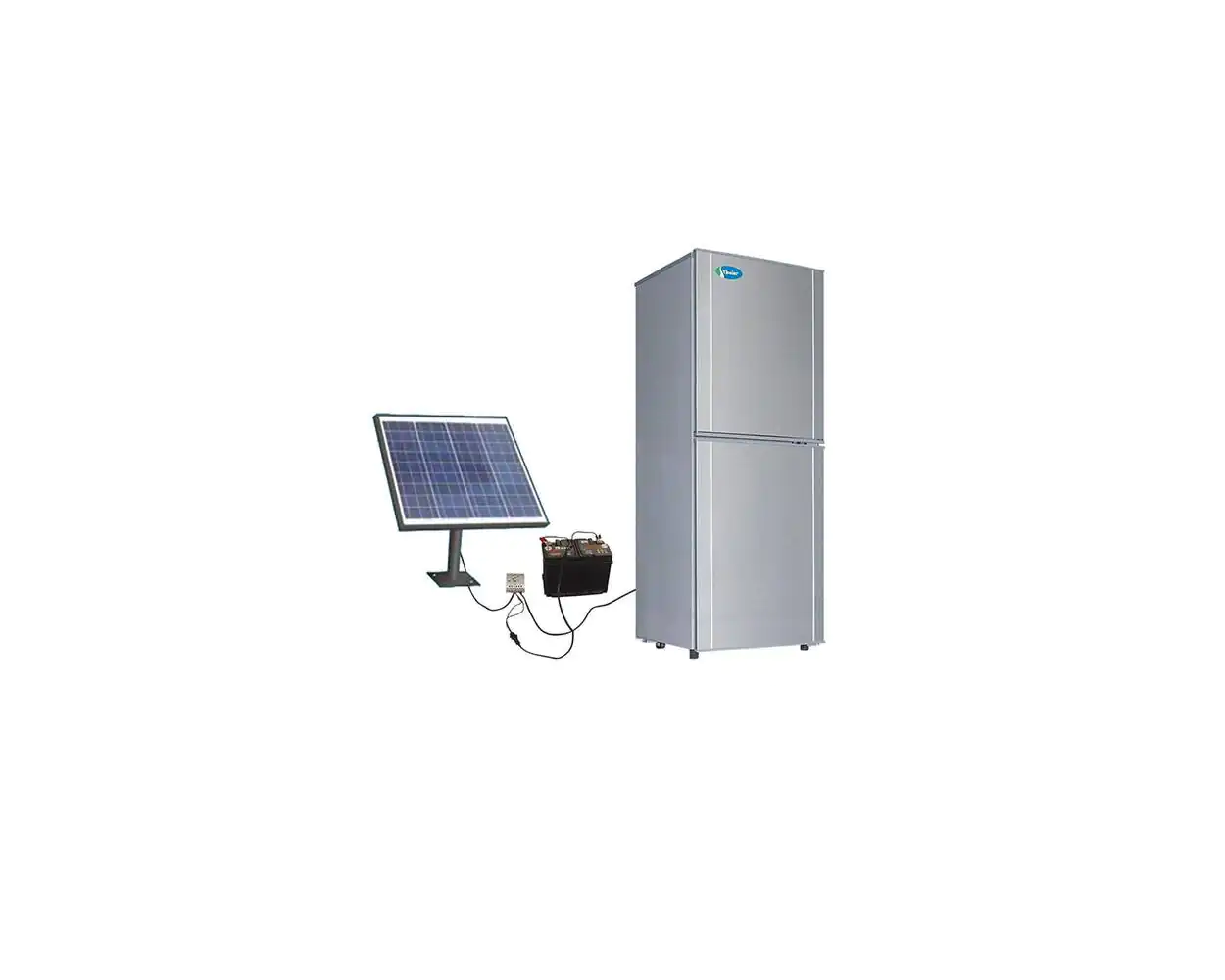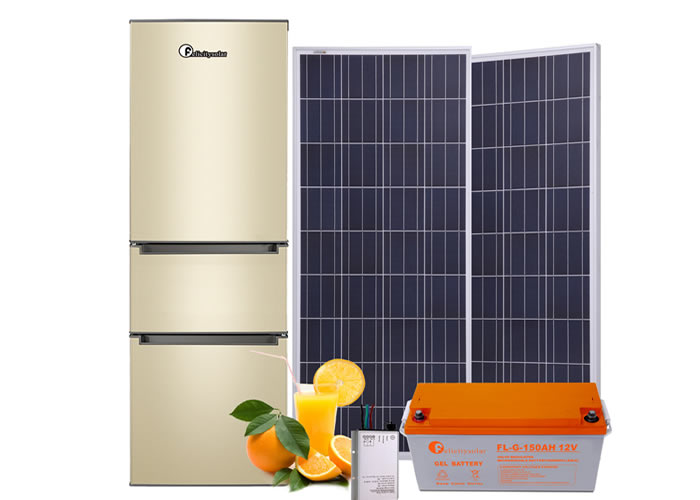Consider a solar refrigerator for reliable and sustainable cooling.
Opening the Potential: How Solar Refrigerator Can Change Your Power Intake
The introduction of solar fridges offers an engaging possibility to reshape our method to energy intake. By properly using eco-friendly solar power, these systems assure not just to lower dependence on standard power resources but additionally to boost food preservation and safety, specifically in underserved regions. As we discover the ins and outs of just how solar fridges operate and their broad-ranging advantages, it becomes evident that their assimilation into daily life might cause substantial innovations in sustainability. What continues to be to be analyzed are the practical ramifications and selections customers should consider in this advancing landscape.
Just How Solar Refrigerators Work
Solar fridges run by utilizing solar power to power their cooling devices, efficiently utilizing sustainable resources to preserve reduced temperatures. These systems normally include solar (PV) panels that transform sunshine into electrical energy. This power is then utilized to run the compressor, follower, and various other elements necessary for refrigeration.
The main device in a solar fridge is the vapor-compression cycle, similar to conventional fridges (solar refrigerator). The compressor presses cooling agent gas, raising its temperature level and pressure. This gas after that travels through a condenser, where it releases warm and condenses into a fluid state. The liquid cooling agent flows right into a development shutoff, where it rapidly broadens, cooling prior to getting in the evaporator. In the evaporator, the refrigerant absorbs heat from the inside of the fridge, thus reducing its temperature.
Solar refrigerators may also include battery storage space systems, permitting them to operate during non-sunny hours or in cloudy conditions. This makes sure a constant cooling impact, making them appropriate for different applications, specifically in remote areas lacking accessibility to trustworthy electricity. By incorporating solar technology, these fridges add to power performance and sustainability in food storage and conservation.
Key Advantages of Solar Refrigeration
The combination of solar innovation into refrigeration systems offers various advantages that extend beyond plain energy financial savings. By harnessing renewable solar power, these systems reduce dependence on fossil fuels, adding to a more lasting environment.

Additionally, the usage of solar energy can lead to energy self-reliance, enabling customers to produce their own power and lower vulnerability to rising and fall energy prices. Generally, the fostering of solar refrigeration provides a diverse option that not just addresses energy usage but also promotes ecological sustainability and boosts food conservation capacities in underserved communities.
Power Financial Savings and Effectiveness
With the climbing prices of power and boosting understanding of environmental issues, power savings and effectiveness have actually come to be crucial considerations in refrigeration innovation (solar refrigerator). Solar fridges take advantage of renewable resource sources, dramatically decreasing check this reliance on standard power grids. By utilizing solar power, these systems decrease power usage, making them a financially viable choice for both domestic and industrial applications
The layout of solar fridges integrates advanced insulation materials and energy-efficient compressors, which make certain optimum performance while using marginal power. Numerous solar refrigerator versions also feature programmable settings and smart technology that permit customers to monitor and take care of energy use efficiently. This intelligent design results in decreased electricity costs and lower functional prices gradually.
Furthermore, solar refrigerators are geared up with batteries that save excess power created throughout warm days, enabling continual operation also throughout durations of reduced sunlight. This capacity improves their efficiency, ensuring that food and perishable items are regularly maintained at secure temperature levels.
Ecological Influence and Sustainability
Utilizing sustainable power not just enhances energy financial savings however also substantially adds to environmental sustainability. solar refrigerator. Solar refrigerators operate on clean, renewable resource resources, reducing reliance on fossil fuels that add to greenhouse gas exhausts. This change in energy usage reduces climate change effects and fosters a much healthier world

Furthermore, solar refrigerators are particularly advantageous in remote areas where power gain access to is limited or non-existent. By offering a feasible refrigeration service without the requirement for substantial facilities, they promote sustainable advancement in underserved communities. This my explanation ease of access not only enhances food security however also decreases food putridity, thus lowering waste.
Picking the Right Solar Refrigerator
Picking the optimal solar fridge needs careful factor to consider of numerous elements to make sure optimum performance and efficiency. First, evaluate the power requires based on your intake patterns. Compute the overall wattage required to maintain your items cool down, which helps in choosing an unit with an ideal solar panel size to satisfy these demands.

An additional crucial element is the sort of solar refrigerator-- compressor or absorption. Compressor designs are normally more reliable and better fit for settings with changing temperature levels, while absorption fridges might be preferable for off-grid applications as a result of their simplicity.
Last sites but not least, ensure the device has trustworthy solar elements, including panels, batteries, and a fee controller, to assure long-term performance. By carefully taking into consideration these aspects, you can pick a solar fridge that lines up with your energy objectives and adds to sustainable living.
Final Thought
In summary, solar refrigerators represent a considerable improvement in energy usage, providing a sustainable option to typical refrigeration methods. By utilizing solar power, these systems not only decrease dependence on fossil gas however additionally improve food protection and reduce environmental effect.